Psychosocial Risk Management for Holistic Workplace Safety
Spot psychosocial hazards early, respond with care, and meet your responsibilities without adding stress to your teams

Make psychosocial risks visible, measurable, and actionable
Empower your teams to report psychosocial hazards confidently with structured forms that guide them through the process. From overwhelming workloads to role confusion or poor support, give people a safe, simple way to be heard, with the added option to remain anonymous.
Log and track reports of workplace bullying, harassment, aggression, and other workplace issues through a private, auditable process. Assign actions, attach documentation, and maintain sensitive case records securely — only those who need access get it.
Manage complex concerns from start to resolution. Our case management workflow supports structured triage, action planning, and confidential follow-up–ensuring every issue is considered and responded to consistently.
Surface hidden stressors before they escalate. Deploy anonymous surveys to understand job demands, support gaps, and cultural risks. Turn results into clear risk scores, track progress over time, and inform targeted action.
Built in line with health and safety regulations and industry guidance, our module helps you meet evolving obligations with confidence. With full audit trails and configurable access controls, you’ll always have the documentation needed to show your commitment to psychosocial safety.

Protect your people and mitigate psychosocial risks with the same rigour as physical risks
Create safer ways to speak up
Enable hazard and incident reporting that protects anonymity and encourages early engagement – no more stigma or fear of retaliation.
Respond with care and consistency
From minor concerns to serious cases, our workflows provide clear guidance at every step, ensuring fair, transparent handling that builds trust.
Drive better decisions with better psychosocial risk data
See the full picture of mental wellbeing
Dashboards and cumulative risk scoring help you track psychosocial hazards trends over time, identify where support is needed, and measure the impact of your efforts.
Prioritise with clarity
Filter by team, location, or psychosocial risk category to pinpoint hotspots so you can allocate resources where they’ll make the biggest difference.
Take the complexity out of health and safety compliance
Capture everything in one place
No more scattered spreadsheets or siloed survey tools. ecoPortal centralises your psychosocial data, reports, and actions in a secure system.
Psychosocial AI guidance
Our AI-powered summaries highlight relevant controls and recommendations based on location and risk-type, supporting consistent, confident decisions when it matters most.
Make psychosocial risks easier to manage
From early intervention to enterprise-wide oversight, ecoPortal gives you the tools to manage psychosocial hazards with confidence and care. Book a demo and see how it fits your organisation’s needs.
We propel leading, global organisations to new dimensions.
“We should all be using ecoPortal. At the end of the day, it's up to all of us, for the safety of ourselves, our environment, and our people.”
Lee Silvester, GM Transport, Nexus Logistics
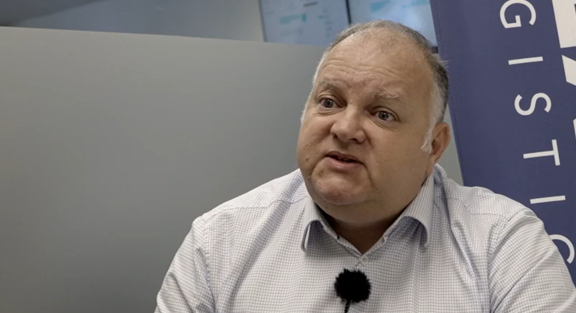
.png)
"When you’ve got a dynamic system like ecoPortal, where something can be reported as it happens, our people can be proactive, before something goes badly wrong.”
Alison Eastham, Global HSE, Argenta Global

.png)
"Engagement is based on ease of use and how long it takes someone to do something. If that piece isn't done right at the start, you've lost them. In safety, we can't afford for that to happen."
Mitchell Horan, Senior Safety and Wellbeing Advisor, Foodstuffs

.png)
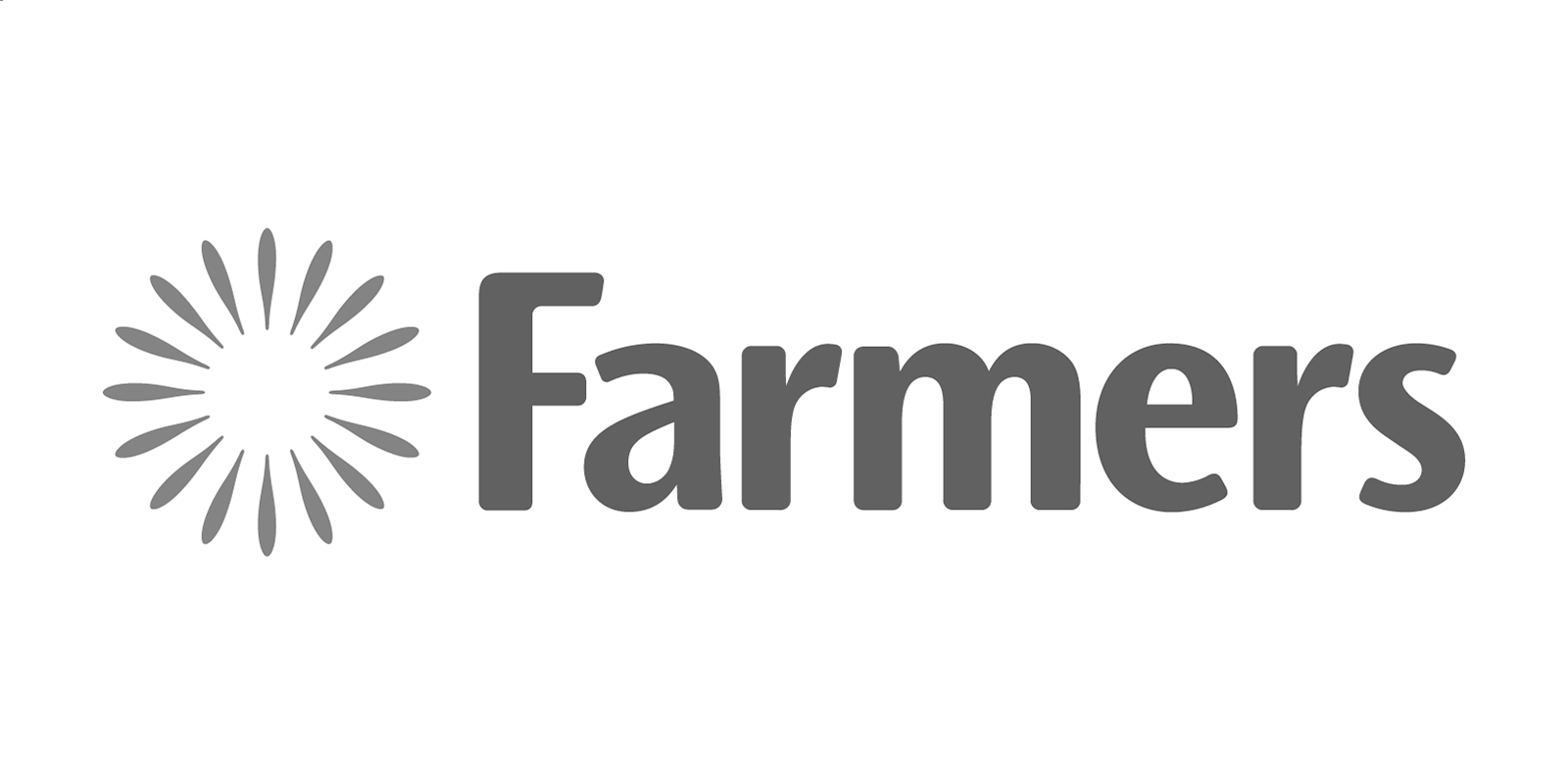
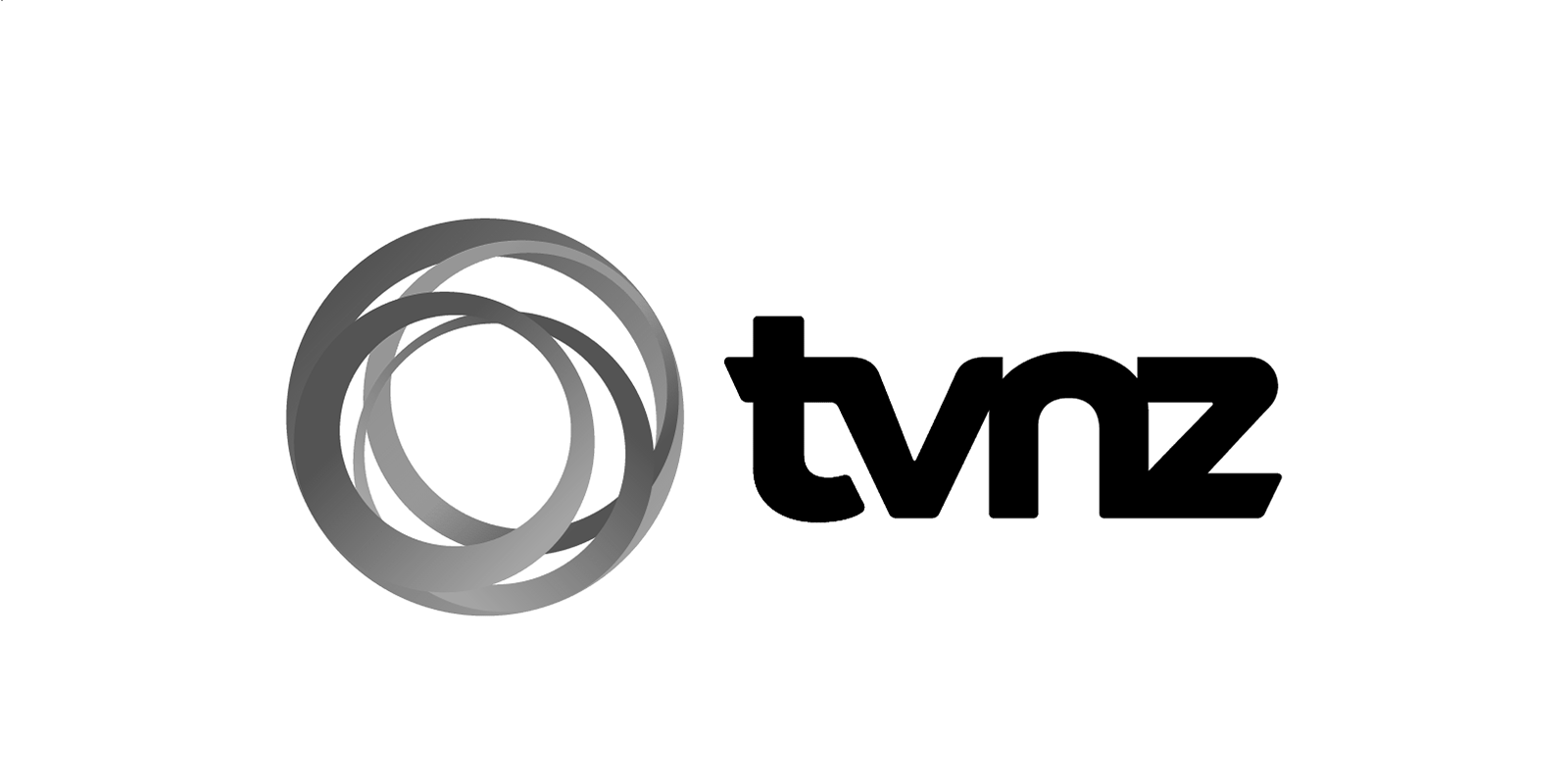
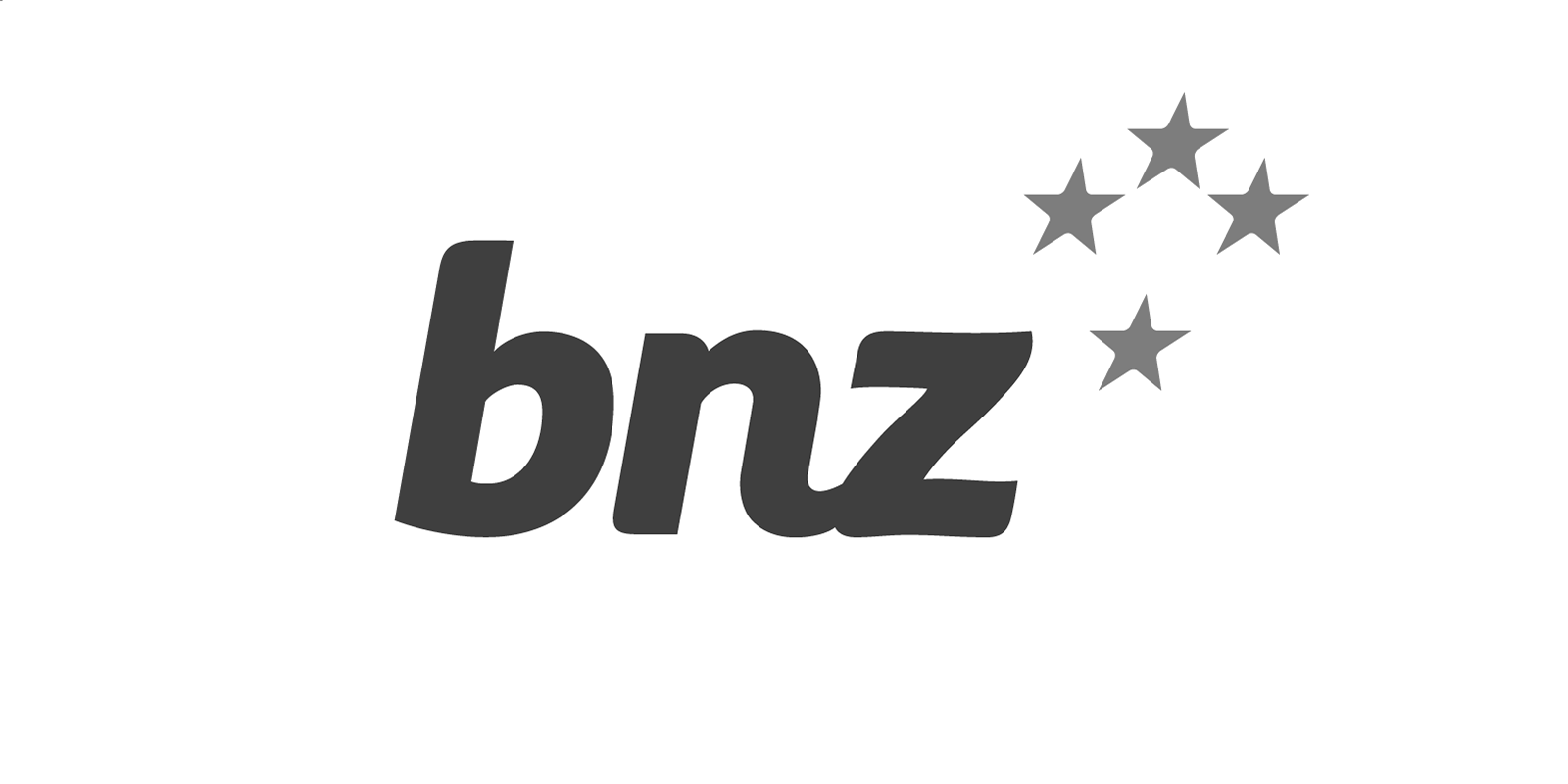

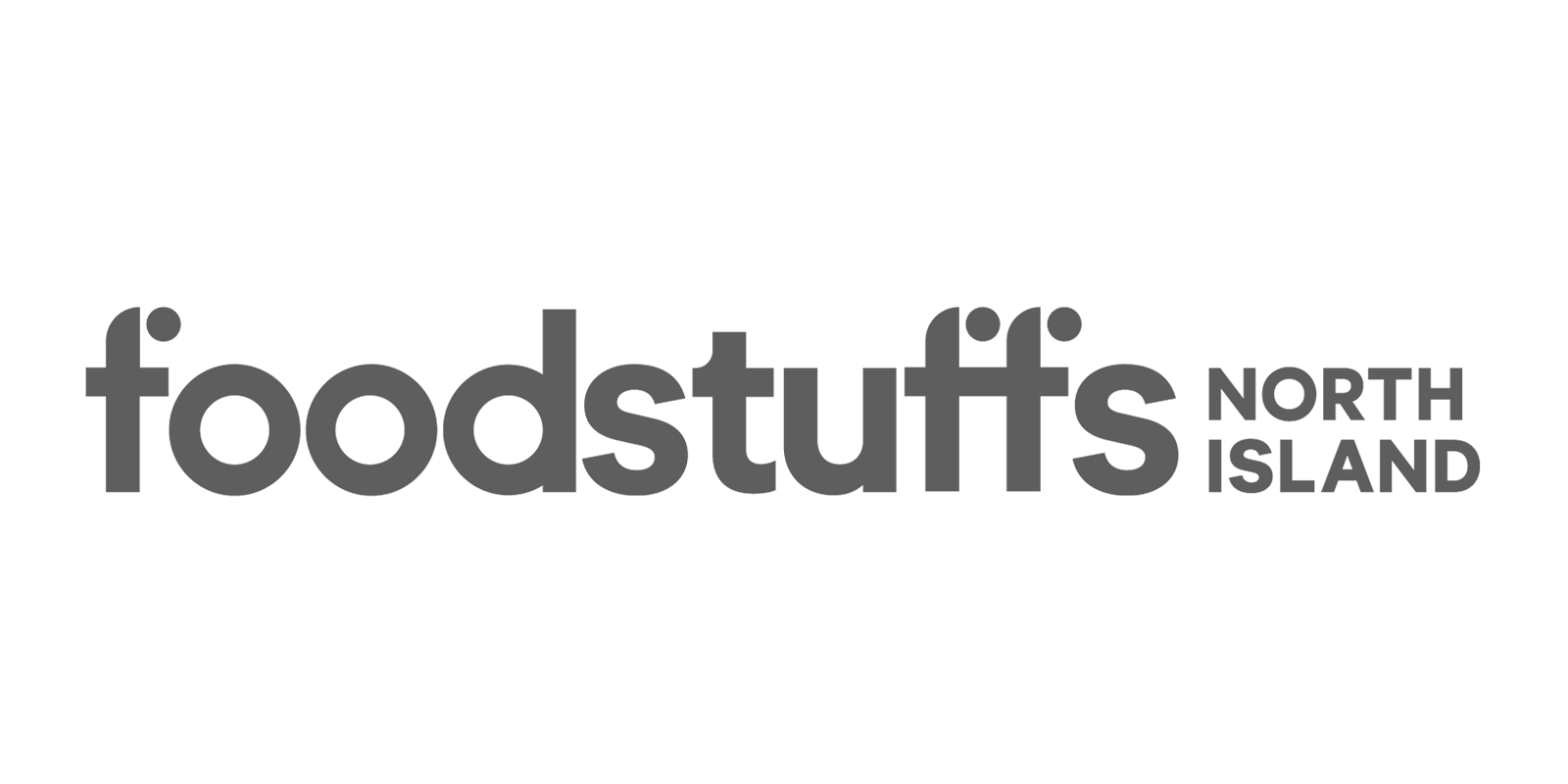
Frequently Asked Questions
Psychosocial risk refers to factors in the work environment that can negatively impact an employee’s psychological health and wellbeing (e.g. excessive demands, low job control, bullying, or lack of support).
Managing psychosocial risks means identifying these hazards, assessing their potential harm, and taking steps to control them in line with your duty of care. ecoPortal’s module gives UK organisations a structured, evidence-based system to manage these risks.
Yes. The Health and Safety Executive (HSE) provides extensive guidance through its Management Standards for work-related stress. These standards help employees assess key risk areas such as demands, control, support, relationships, role clarity, and organisational change.
ecoPortal’s psychosocial risk module is designed to align with this framework, helping organisations capture, assess, and respond to these risks while demonstrating compliance with HSE expectations.
A psychosocial risk assessment typically follows five key steps:
- Identify the hazards: Understand what aspects of work could cause harm (e.g. excessive workload, poor support).
- Assess the risks: Determine who might be harmed and how severe the impact could be.
- Decide on controls: Implement actions to remove or reduce the risks.
- Record your findings: Keep a clear record of what you’ve identified and how you plan to address it.
- Review and monitor: Regularly check that controls are working and update the assessment as necessary.
Unmanaged psychosocial risks can lead to stress, anxiety, burnout, reduced performance, and long-term mental health conditions. They can also affect workplace culture, trust, and employee retention.
With ecoPortal’s Psychosocial Risk module, your organisation can take early action through targeted surveys and workplace culture monitoring, ensuring these concerns are addressed before they escalate.
Yes! ecoPortal’s Psychosocial Risk module includes the anonymous reporting option, making it safer for employees to report sensitive concerns and respond to targeted surveys.
These confidential entries are handled through secure workflows that ensure follow-up while protecting the respondent’s identity.
Psychosocial hazards can appear in any sector, but certain industries face elevated risk due to their work environments, organisational pressures, or exposure to trauma. These can include: education, retail, transport and logistics, construction and manufacturing.
Physical risk assessments focus on hazards that may cause physical injury or harm, such as slips, falls, or exposure to machinery.
Psychosocial risk assessments, on the other hand, deal with non-physical factors that can affect mental and emotional wellbeing.
While both types of assessments follow similar steps, psychosocial risks often require more nuanced, people-centred approaches. ecoPortal’s module allows you to manage both physical and psychosocial risks within a single system, with dedicated workflows designed specifically for sensitive, human-led issues.
Tracking cultural change requires ongoing feedback from employees and visibility into trends over time. Workplace culture isn’t static; it evolves as new initiatives are introduced and risks are addressed.
ecoPortal supports this through the Workplace Culture & Climate Monitoring workflow. You can gather regular insights on leadership, recognition, team dynamics, and overall experience. Results are easy to interpret through visual dashboards, helping you understand where progress is happening and where more support may be needed.
Explore our other solutions

Environmental Management
Get clear visibility into the environmental impact of your activities and achieve your sustainability goals. Comply with ISO 14001 requirements easily by driving staff engagement with environmental and sustainability initiatives

Health and Safety Management
Build a better safety culture and programme using a set of powerful, and configurable modules. Predict and prevent incidents. Encourage and increase transparency. Ensure compliance with ISO 45001.

Quality Management
Boost quality standards, meet ISO 9001 compliance requirements & continuously improve with quality management software that simplifies processes, workflows, tasks, and audits.
Ready to bring structure and clarity to psychosocial risk management?
ecoPortal’s Psychosocial Risk module helps you move beyond fragmented systems and reactive responses, making it easier to uncover hidden hazards, support your people, and meet compliance requirements. Don’t miss the opportunity to strengthen your safety culture, streamline reporting, and manage psychosocial risks in one connected platform.

